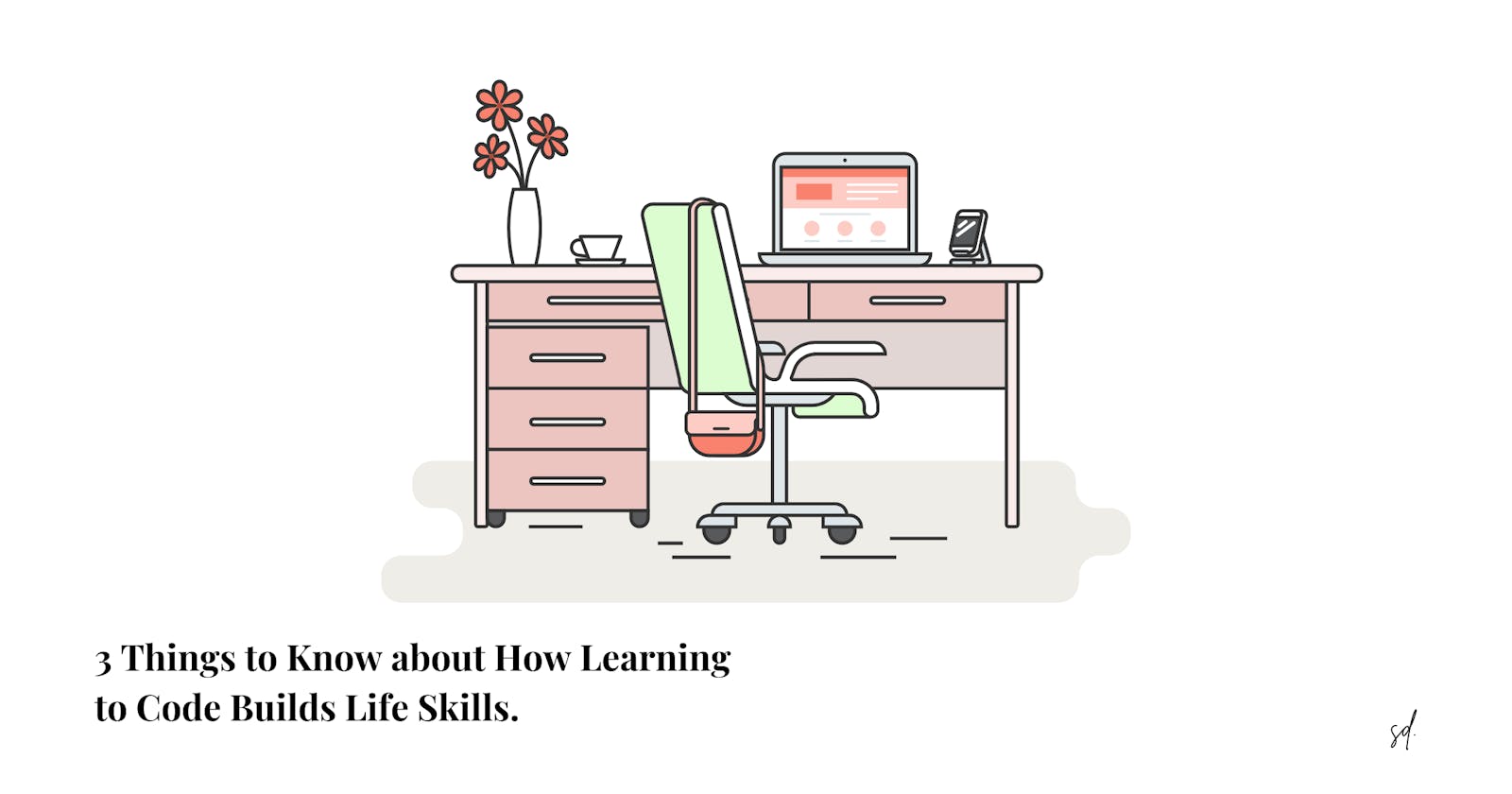Many people who pursue coding do it for many different reasons, whether it's an expectation of better pay, a meaningful career, or extra tools in your toolbox. While learning, it is easy to get wrapped up in completing the task and getting to the next milestone; and of course, there is nothing wrong with wanting to achieve a goal. However, in doing so, we can't breeze past the foundational things that benefit us in our everyday lives.
Here are three things to consider when learning to code that will translate into your daily life:
Understanding why
Have you ever done a tutorial where you followed along with the instructor, getting excited about meeting all the course milestones? Then, you got to a section where you had to pause the video and repeat what you had just learned. You tried repeating steps from memory without knowing what you were doing. Many of us have been there. What do you do when you find yourself at this crossroads? Considering why you are performing a task allows you to apply the right tools effectively in numerous scenarios. Stepping back and assessing will help you apply what you have learned to a project of your own or on your job. These skills apply to your daily life in decision-making and other everyday situations.
Practice
Coding for at least an hour a day will help you retain what you've learned. Scheduling your practice time and connecting with the community on social media or blogging communities such as this motivates you to stretch yourselves and build the necessary skillsets. We want to go beyond the surface and create amazing things along the way, and in our everyday lives, we can use these habits in our homes, workplaces, and communities.
Embrace the challenges
As you learn and practice, new problems arise that will challenge you. When you face challenges in your code, you need to find solutions. You might find it in old notes, online documentation that already exists by searching for it, or in community groups. Solving these new challenges builds friendships and collaborations around similar interests. In our everyday lives, we learn to find solutions to whatever may arise and better embrace challenges that come our way.
The skills you learn in coding go beyond what you do on the computer; they can apply to different areas of your lives. It builds strengths, resilience, and instincts we can use to approach our everyday lives.
Thank you for reading; see you soon!
